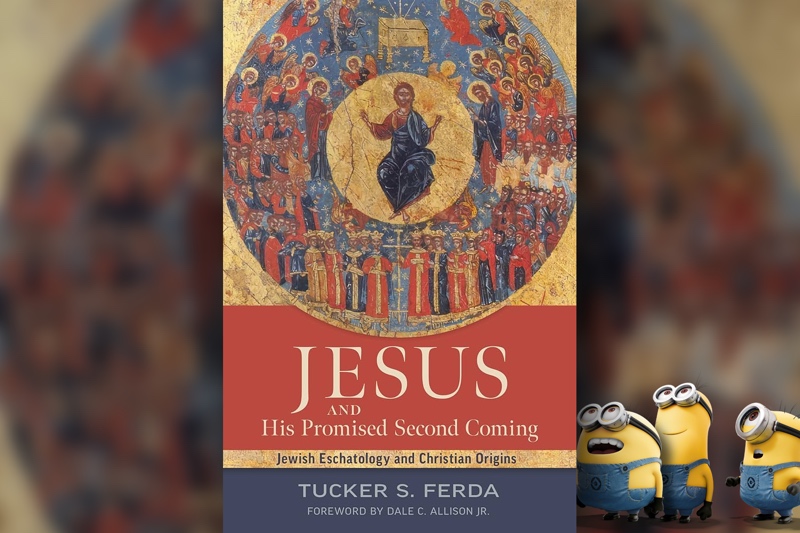In an excellent interview on the Protestant Libertarian Podcast about his book Jesus and His Promised Second Coming: Jewish Eschatology and Christian Origins (2024), Tucker Ferda uses the expression “process eschatology” to register the fact that in Jewish apocalyptic writings the “end” is generally conceived not as a single event but as a series of events. More often in the book we have the phrase “eschatological process.” That seems to me quite an interesting idea to explore.
Romans 1:1-18
Paul, apostle of the Lord Jesus Christ (1:1-7)
Paul introduces himself to those in Rome who are “called to be saints” as a slave of Christ and an apostle, “set apart for the gospel of God.”
The “gospel” is the proclamation of good news, anticipated in the Jewish scriptures,… ( | 7 comments)
I take several chapters in my book In the Form of a God: The Pre-existence of the Exalted Christ in Paul to argue that in the first part of the Christ encomium in Philippians 2:6-11 the direction of travel is ontologically flat: not from heaven to earth but from celebrity to… ( | 3 comments)
Christians who think that it is right and good to maintain a form a patriarchy, at least in church and home, will often argue that by naming the woman Adam exercises or asserts an innate, creational authority over her that is not abrogated by salvation.
In search of a suitable helper for… ( | 2 comments)
John says that Isaiah saw the glory of Jesus (Jn. 12:41). Is this a reference back to the “glory” of God that Isaiah saw in the temple? Or is it something else? Well, I’m going to say that it was something else, not because I’m anti-trinitarian but because I don’t think that’s what John means at… ()
I have been working through Craig Keener’s Spirit Hermeneutics: Reading Scripture in Light of Pentecost (2016) to prepare some teaching materials on Pentecostal hermeneutics. It’s a fairly casual read, so far at least. I could really do with something a bit more technical. But it’s a good… ()
In an article on the Gospel Coalition website, adapted from a book about evangelism, Matt Smethurst attempts to explain the gospel. ( | 11 comments)
Stephen Fowl thinks that it’s impossible to get from history to theology—to start with historical-criticism and arrive at an account of the being and intentions of the Triune God and of the various beliefs and practices that derive from that core Christian doctrine.
So we have to start at the… ()

Recent comments